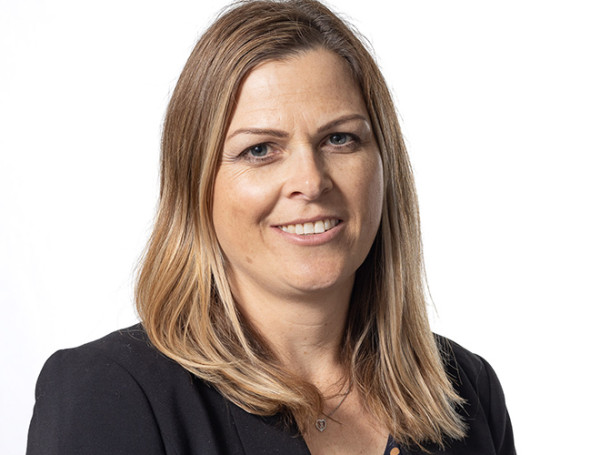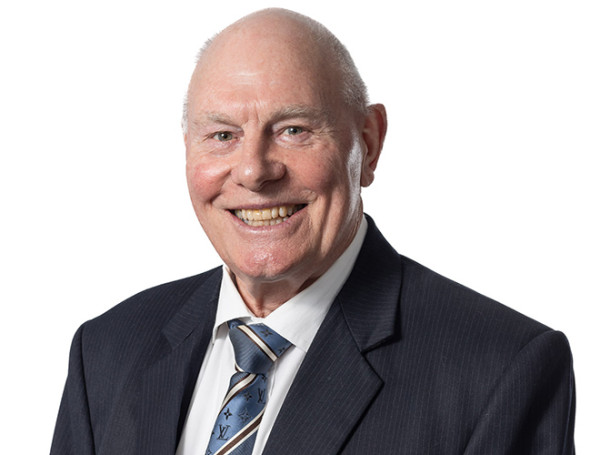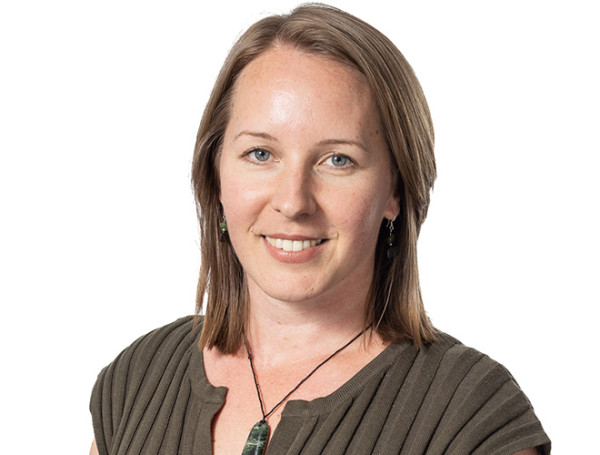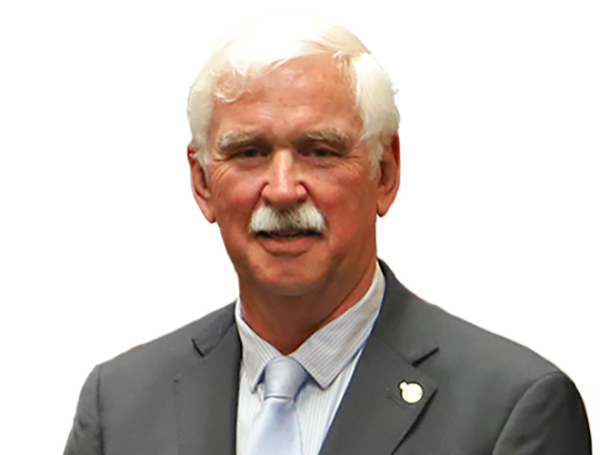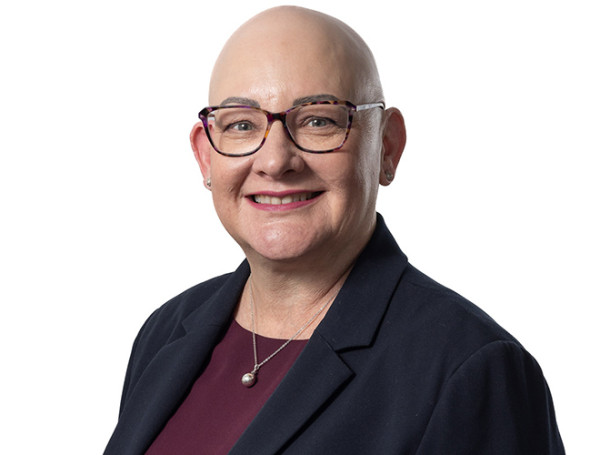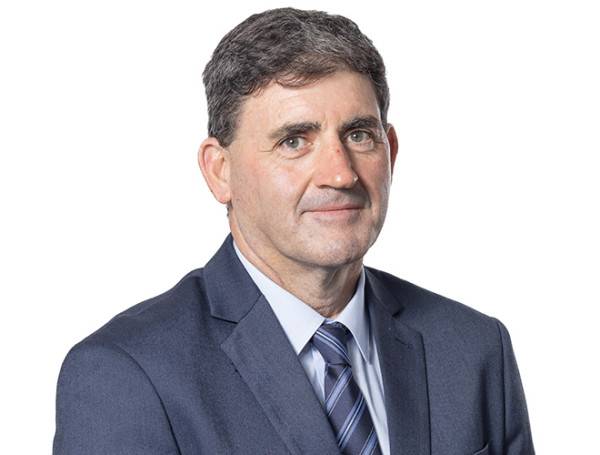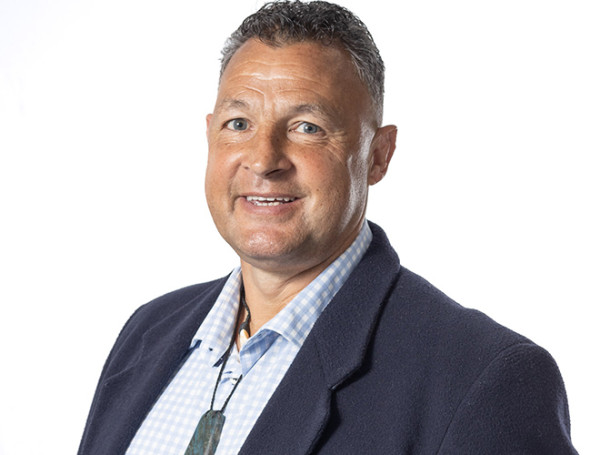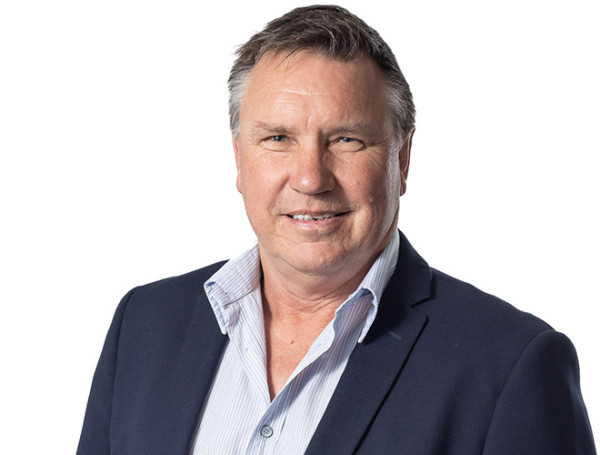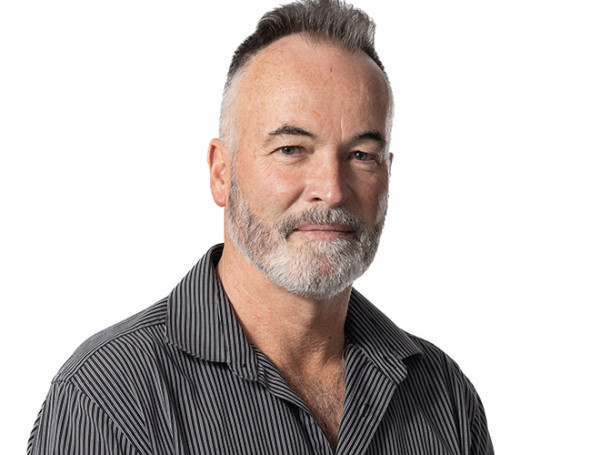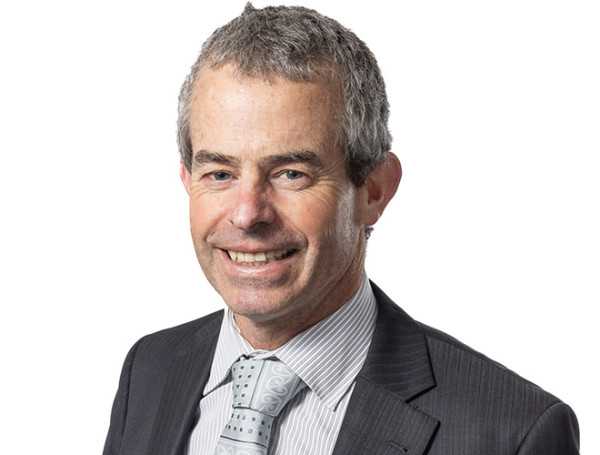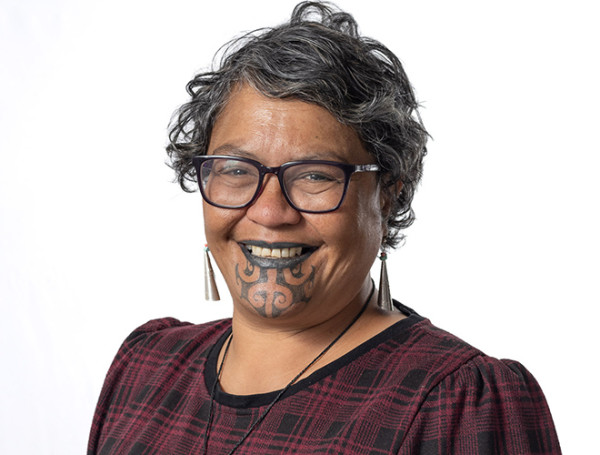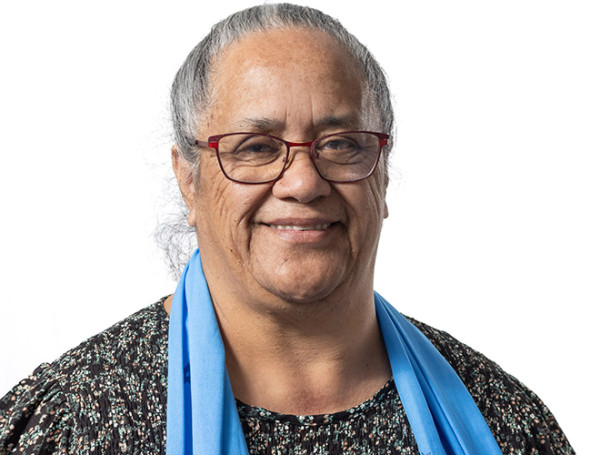Committees, councillors and governance
What the Council does
The council is made up of 14 elected members, two Māori seats and 12 general seats, and has a chair and deputy chair who are appointed by the council when they take office. Council elections are held every three years.
Elected members are responsible for representing the interests of all the residents and ratepayers of the Waikato region, not just the constituency in which they are elected. They work in committees and make decisions and/or recommendations on a variety of matters which are then reported to or decided on by the full council once a month.
All elected members are accountable for the decisions the council makes.
Having a governance role involves making decisions for the overall benefit of the community, not only for the current generation but for generations to come.
Governance is primarily about setting the future direction of council and the regional community, and ensuring assets and resources are suitable for achieving that direction. Key aspects of the role are:
- strategic planning
- decision making
- policy and strategy review
- scrutiny of management's performance
- community leadership and engagement
The council has a number of decision making bodies that perform different functions. The public are welcome to come along to most meetings and/or read the reports on matters the council is considering.
Meet your councillors
Hamilton councillors
Waikato councillors

Waihou councillors

Taupō-Rotorua councillor
Thames-Coromandel councillor
Waipā-King Country councillors
Ngā Hau E Wha councillor
Ngā Tai ki Uta councillor
Council decision making bodies
There are two documents in this section. The first outlines the membership of the council and its decision making bodies. The second explains the roles and purposes of the decision-making bodies.
Expectations of elected and external members
The documents in this section explain the way that elected members should conduct themselves as councillors, sets out behaviour and performance standards that apply to them, and how they should manage their private and public conflicts of interests.
For more information, see the New Zealand legislation updated by Parliamentary Counsel Office.
Rules for council meetings and debates
All council meetings must be conducted according the rules and standards that are outlined in legislation. This ensures that decisions are made and debates conducted legally and transparently. Standing orders set the rules and standards for this to happen.

